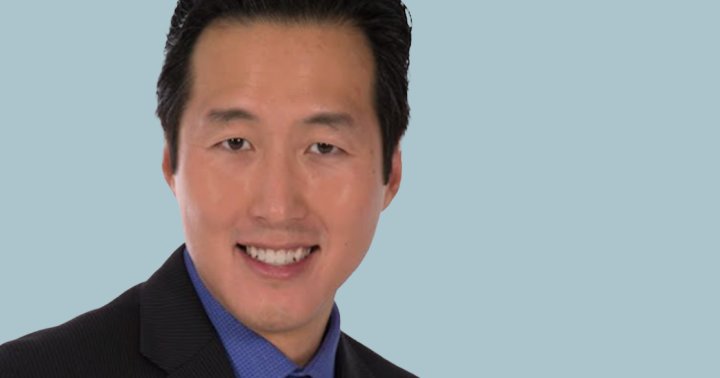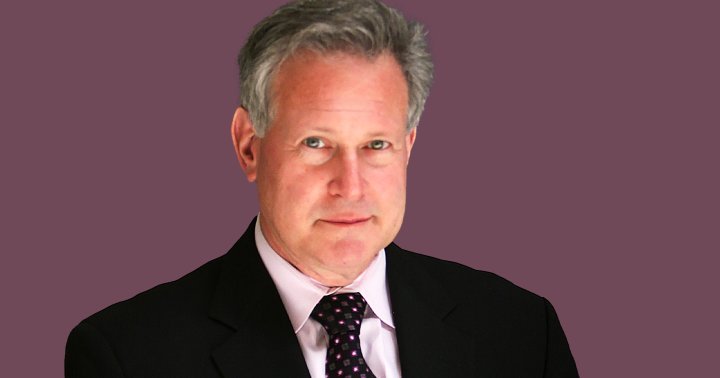This Therapist Explains How To *Actually* Get Closure After A Breakup

Being in a relationship is an ongoing experience of contact with another person. As human beings, our systems are hardwired for attachment, and during a relationship we orient toward this other human being with our bodies, our thoughts, and our behavioral patterns. And just like it took time to learn to love this person, it takes time to unlearn how to love this person.
One important aspect of breakup recovery is a process called “self-concept reorganization,” which is a process of rebuilding and strengthening autonomous identity, independent of the relationship.
During the process of forming a relationship with someone, our identity expands and evolves. Intimacy is inherently a vulnerable process, and it involves opening oneself to another person and encountering another person’s history, needs, likes, dislikes, values, ideas, and dreams. When you encounter someone in such an intimate and vulnerable way, you are changed by them. This doesn’t mean that you “lose” yourself in the other person, although that can happen for some people, but rather our identity expands through interpersonal contact with another.
A breakup is very much like a death. We are grieving the connection we had with another person: We are grieving the way that person made us feel, the rituals we created with them, the memories we shared, and the visions for the future we had with that person. It’s not uncommon to move through stages of grief after a breakup, and as you move through a process of reflection, you may notice that your feelings change from disbelief to anger, to sadness, to an eventual and gradual state of completion and hope for the future. There is no one way to grieve, and there is no one way to process the end of a relationship.
Depending on the breakup situation, we may never know the exact reason why things didn’t work out, but working through your thoughts and feelings allows you to come to a satisfying enough sense of closure. Even if one person initiated the end of the relationship, it is important for both parties to examine what happened.
During the process of reflection, it’s important to ask the question, “What was my part?” Without placing blame upon yourself, explore how you contributed to any aspects of the relationship dynamic that you would consider “unhealthy” or “unwanted.” Ask yourself, “Do I see a relationship pattern in my life?”
Reflecting on your relationship patterns and examining your part develops your capacity for “metacognition,” which is the ability to be aware of and understand one’s own thought processes. If you notice relationship patterns in your life, you can begin to reflect on how your early developmental attachment history might be playing out in your current relationships. If you notice a pattern, or history of abuse, neglect, or other inappropriate or unsatisfying patterns, you can seek out treatment—such as therapy or other therapeutic processes—to offer yourself support and protection.
Your ability to reflect and take responsibility for what you experience as frustrating, hurtful, or unsatisfying means that you can begin to make new choices and engage in new behavior that brings more relationship satisfaction.
This article was originally published by mindbodygreen.com. Read the original article here.




